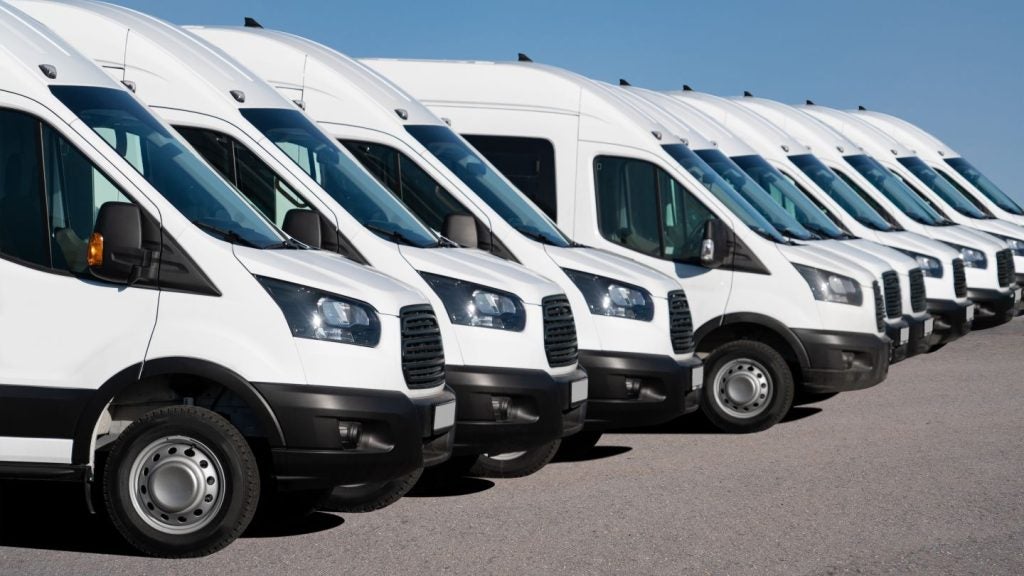
A two speed used car market is likely to persist for the remainder of 2020 as the economic effects of coronavirus continue to take effect, says Startline Motor Finance.
According to Startline, consumers can be roughly split into two groups – “like to spends” and “have to spends” and that both these groups will need different approaches in the coming months.
Chief executive Paul Burgess said: “To some extent the ‘like to spends’ have been powering the relatively buoyant market that we have seen since showrooms opened a few weeks ago. They are financially secure, are buying higher value vehicles, and are happy to take out new finance agreements, probably with larger deposits over shorter terms.
“These are people who expect to fairly easily weather any coming economic storm and, to a greater extent, we expect them to stay in the market in large numbers for the foreseeable future, if not quite at the same level as recent weeks.”
He explained that it was the “have to spends” who were probably going to need more careful thought if dealers and motor finance companies were to meet their requirements.
“We are likely to see a lot of economic bad news in the coming months, especially around unemployment, and the confidence of this group of people will be affected, perhaps substantially. They will only be buying a car because they really need one.
How well do you really know your competitors?
Access the most comprehensive Company Profiles on the market, powered by GlobalData. Save hours of research. Gain competitive edge.

Thank you!
Your download email will arrive shortly
Not ready to buy yet? Download a free sample
We are confident about the unique quality of our Company Profiles. However, we want you to make the most beneficial decision for your business, so we offer a free sample that you can download by submitting the below form
By GlobalData“Also, there are additional factors that are likely to affect them, not least the current high prices being seen for used cars and the desire of increased numbers of commuters to move into private vehicles from public transport while the risk of infection remains.
“Really, this is where the industry has work to do and where we are working closely with retailers at this moment in time. We need to build propositions that meet the needs of these particular buyers. Pricing is inevitably going to be central, especially the monthly repayment, because of the financial pressures at play. There will certainly be points in the market where buyers feel more comfortable and these need to be identified.
“Some dealers have had quite a lot of success when it comes to packaging deals of this type – such as a selection of superminis of a certain age and mileage that are designed to meet one of these monthly payment sweet spots, such as £99 or £149. This is an approach that can work well by placing the buyer in a payment band where they feel comfortable.
“However, a lot of effort should simply be put into creating an environment where the buyer feels in control with perhaps the single biggest element being the ability to run their own finance figures online until they arrive at a product, deposit and term that they like.”
Burgess added that it should also be understood that, for many buyers in this group, their car was a transport essential, providing travel to work, to school, for food shopping and more.
“Thought should be put into the reliability and reassurance element of the proposition. Providing a high level of warranty cover and including breakdown recovery can, for example, have a real effect on how the consumer perceives the deal on offer.
“It’s all about meeting a need for a transport solution that looks unlikely to spring any unexpected costs on the buyer and which they perceive as affordable.”







